Delays in signing power purchase agreements (PPAs) are halting the growth of Indian renewables, jeopardizing the government’s clean power target of reaching 175 GW by next year, and the nuclear option of renegotiating electricity tariffs might be needed to drive clean power deployment.
That potential, last-resort remedy to get projects moving was among the suggestions made in a briefing note issued by U.S. thinktank the Institute for Energy Economics and Financial Analysis (IEEFA) and Haryana-based consultancy JMK Research.
PPAs for nearly 19 GW of renewable energy capacity tendered by the Solar Energy Corporation of India (SECI) are yet to be signed by state-owned electric distribution companies (discoms). Manufacturing-linked solar projects account for 63% of the unsigned capacity.
Hold-up
The backlog is dampening investor confidence and threatening project viability, according to IEEFA and JMK Research.
“This situation is having an adverse impact on the morale of project developers and investors and is slowing overall progress on renewable energy installation,” said IEEFA energy economist and briefing note co-author Vibhuti Garg. “The missing link of PPAs affects the entire value chain. For example, without the assurance of the offtake of power for auctioned renewable energy projects, it becomes virtually impossible for developers to secure debt financing.”
Developers with SECI-tendered projects in their pipelines that are awaiting PPAs include Adani, Azure Power, ReNew Power and Greenko, which together hold 78% of the total capacity in limbo, according to the note.
Big deals
An average 37% of the installed and planned project portfolios of those developers are comprised of SECI-tendered projects with non-executed PPAs. “This significant share of capacity poses a substantial risk to the overall conversion of projects in the pipeline,” said Garg.
The note points to falling solar tariffs–driven by declining solar module prices–as a key reason for discom reluctance to commit to purchase the clean power generated. In a few cases, the note adds, attempts have been made by utilities to renegotiate or renege on wind and solar power purchase contracts.
“In 2020, we saw solar tariffs hit a record low of INR1.99/kWh,” said JMK Research founder and briefing note co-author Jyoti Gulia. “Discoms are anticipating that solar module prices will decline further, leading to a reduction in future solar auction tariffs, so they are delaying signing PSAs [power supply agreements] at higher prices. However, with electricity demand now picking up, and the imposition of 40% basic customs duty on solar modules, tariffs will be unlikely to fall further in the near term.”
Measures
Enforcement of electric company renewable purchase obligations (RPO) under the draft Electricity Act (Amendment) Bill 2020–with tougher penalties for non-compliance–would force discoms to procure renewable power, said Gulia.
The Ministry of Power’s draft bill also proposes setting up a body to enforce contracts between generation, distribution and transmission companies.
Garg and Gulia suggested other measures could include setting a PSA signing deadline for renewable tenders and requiring discoms to devise long-term plans estimating the amount of renewables capacity to be integrated into their annual power mixes. They said SECI could also seek assurances from discoms about power purchasing before planning clean power auctions.
Tariff renegotiation
The authors of the briefing note also mooted ‘tariff pooling,’ where a weighted average is taken from the final electricity prices produced by SECI auctions over six months, to eliminate the advantage enjoyed by discoms which secure PPAs at relatively cheap levels. Tariff renegotiation could also be considered, said Garg and Gulia, but only as a last resort option “under specific market conditions.”
“India must look for ways to speed up renewable energy installation to meet its national target of 175 GW,” said briefing note co-author Akhil Koshy Thayillam, research associate at JMK Research. “Expediting the signing of PSAs would not only free up a major share of ‘on-hold capacity’ but also reinvigorate the industry and the stakeholders who have been impacted.”
This content is protected by copyright and may not be reused. If you want to cooperate with us and would like to reuse some of our content, please contact: editors@pv-magazine.com.
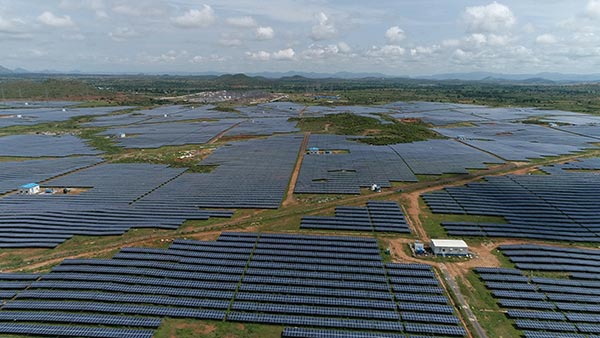
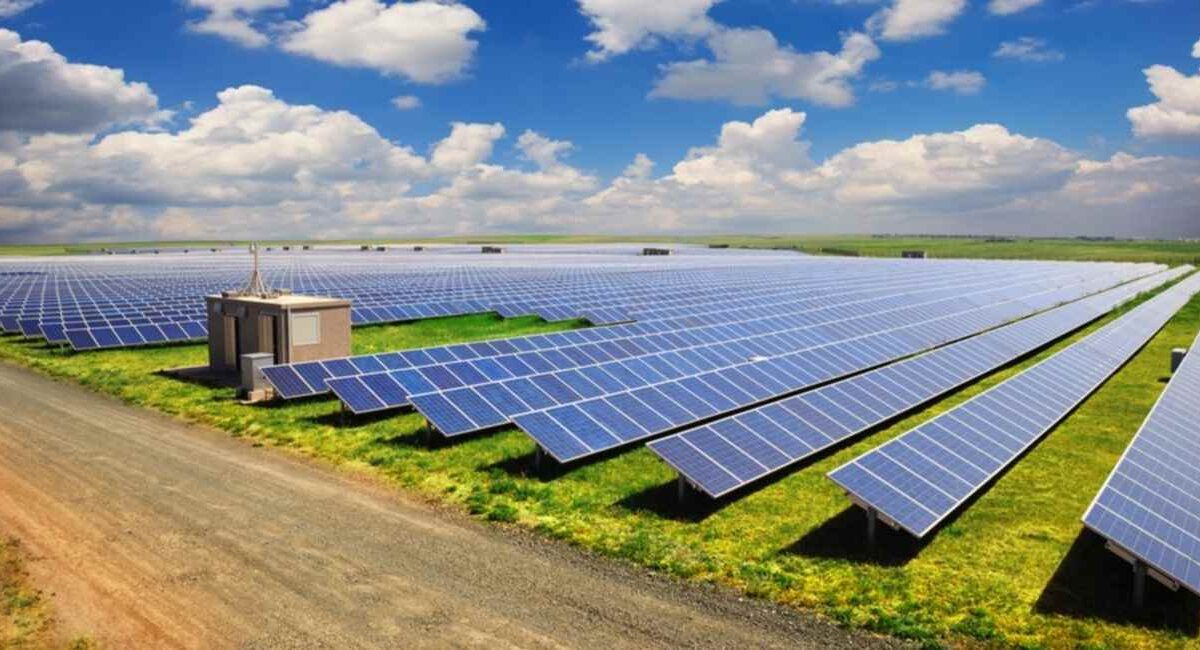


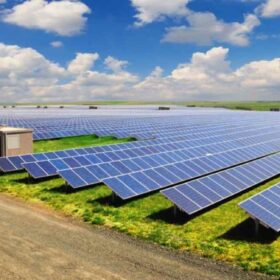
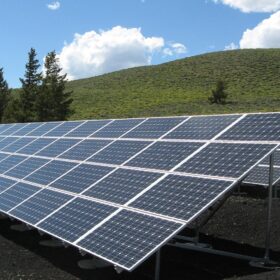


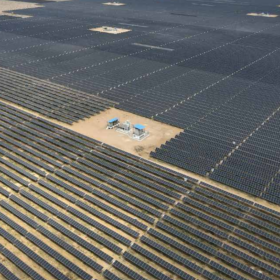
1 comment
By submitting this form you agree to pv magazine using your data for the purposes of publishing your comment.
Your personal data will only be disclosed or otherwise transmitted to third parties for the purposes of spam filtering or if this is necessary for technical maintenance of the website. Any other transfer to third parties will not take place unless this is justified on the basis of applicable data protection regulations or if pv magazine is legally obliged to do so.
You may revoke this consent at any time with effect for the future, in which case your personal data will be deleted immediately. Otherwise, your data will be deleted if pv magazine has processed your request or the purpose of data storage is fulfilled.
Further information on data privacy can be found in our Data Protection Policy.